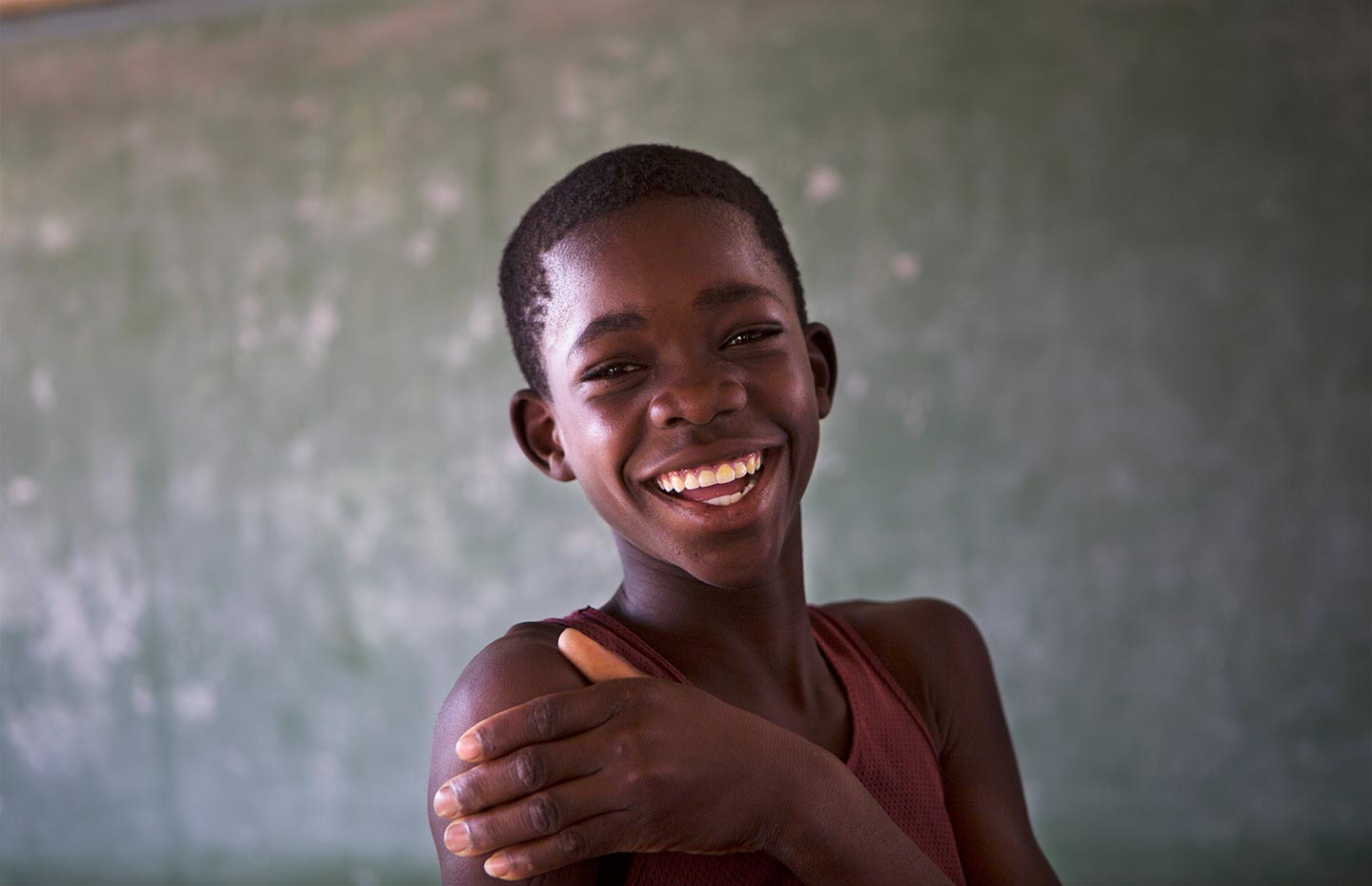
Sixteen countries have transitioned out of Gavi support
Empowering countries to take ownership of their vaccination programmes is a core component of the Gavi business model. Based on their Gross National Income (GNI) per capita, countries are expected to allocate an increasing amount of their resources to vaccination. The long-term goal is for countries to achieve financial sustainability.
When a country reaches the eligibility threshold, Gavi’s financial support is gradually phased out over five years. By the end of this period, countries are required to fully self-finance their vaccine programmes. As of early 2020, a total of 16 countries1 across South-East Asia, Africa, Eastern Europe and Latin America have transitioned out of our support.
Of the 15 countries that transitioned more than a year ago1, 9 transitioned from Gavi support with DTP3 coverage above 90% and have maintained this level. Of the remaining six countries, all but one have either maintained or improved their coverage levels since transitioning.
Some transitioning countries are experiencing programmatic shortcomings, such as insufficient institutional capacity or a lack of clear strategies for reaching underimmunised children. Others have not yet introduced key WHO-recommended, Gavi-supported vaccines into their national systems.
In response, we are adapting our approach to address not only financial sustainability but also programmatic weaknesses and the need to introduce new vaccines. In 2017, the Gavi Board committed to systematic engagement with countries post-transition. This includes an allocation of US$ 30 million for time-limited, catalytic support through to 2020.
The support aims to mitigate any remaining risks to a successful transition by providing technical assistance in key areas, such as supply chain; leadership, management and coordination; and data. Particular attention is given to promoting innovative approaches and increasing government commitment to long-term sustainability. Post-transition support has also helped to catalyse new vaccine introductions and leverage domestic resources for immunisation.
To reduce the risk of countries transitioning without critical vaccines in their programmes, they are now able to apply for new vaccine support at any stage during the transitioning process.
Securing access to affordable vaccine prices post-transition is essential to the long-term sustainability of immunisation programmes. Since 2016, all transitioned countries have continued to buy vaccines no longer supported by Gavi at the same price previously available through the Alliance. This is thanks to commitments made by manufacturers in 2015, which offer transitioned countries access to prices similar to those Gavi pays for pentavalent, pneumococcal, rotavirus and human papillomavirus vaccines for a period of 5–10 years.
Transitioned countries also benefit from the Alliance’s focus on building healthy vaccine markets. For example, increased demand, predictability and competition in the pentavalent vaccine market, driven by Gavi’s market shaping activities, means all countries can benefit from improved supply security, affordable pricing and transparent market information.